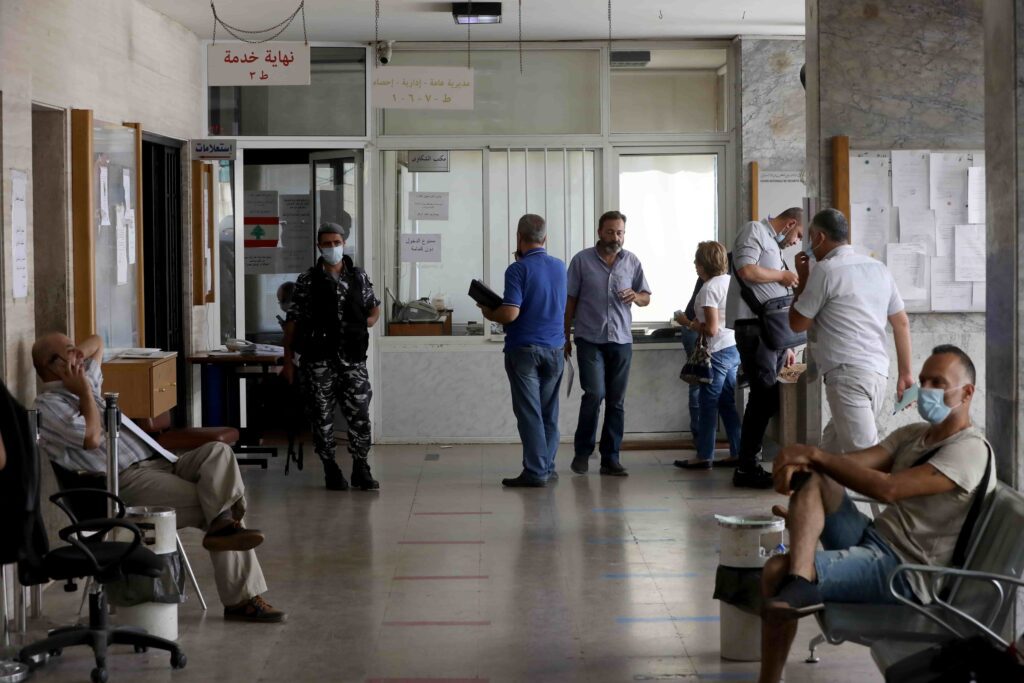After an extended period of inactivity and political paralysis, the Lebanese Parliament was back to holding meetings and discussing legislative issues.
On the 15th of December, the parliament passed a historic law that establishes a comprehensive pension system for private sector workers and “fundamentally” reshapes the governance of the National Social Security Fund (NSSF).
Developed with the technical support of the International Labour Organization and the collaboration of a number of different actors including parliamentary committees, the NSSF and workers and employers’ organizations, the reform is considered historic as it came after three decades of failed attempts and the long outdating of Lebanon’s out-of-service indemnity system.
Pension Benefits
According to the law’s provisions, the new pension benefits will provide two guaranteed minimum amounts for workers. On one hand, workers who perform over 30 years of services are guaranteed 80% of the minimum wage. On the other, workers benefit from 1.33% for each year of the insured’s revalorized average wage.
Furthermore, the law provides benefits in case of disabilities and transfers them to survivors in case of the death of the insured member or the pensioner.
In the context of Lebanon’s inflation and exchange fluctuations, the reform indexes pension values to inflation through a yearly adjustment process.
Those insured and between the ages of 49 and 58 have the option to opt out of the new system, making it optional for this section of the population.
NSSF Governance
The law also has notable governance aspects, as it reduces the size of the NSSF’s board of directors from twenty six members (ten representatives for workers, ten representatives for employers and six from the state) to ten (four representatives for workers, four for employers and two from the part of the state).
The internal decision-making would rely on a simple majority (50% + 1), which helps deal with the quorum issue as with the current board of directors the quorum was set at the presence of fourteen members.
Reactions to the Law
The adopted law is considered by many to be the most important feat of the parliamentary session. It came after twenty years of attempts to revitalize the project and, significantly, the state of bankruptcy that the pension system has arrived to due to the economic collapse as it lost an estimated $8 billion.
In addition, it was considered a milestone by representative from the ILO, the NSSF and several members parliament and politicians, especially MP Bilal Abdallah who rejected amendments to the law during the session.
Lebanon’s social protection structures remain highly fragmented, unsustainable and regressive in nature. The move towards what’s considered a milestone reform and a modern pension system is one out of many required steps to ensure the protection of the country’s vulnerable groups.
